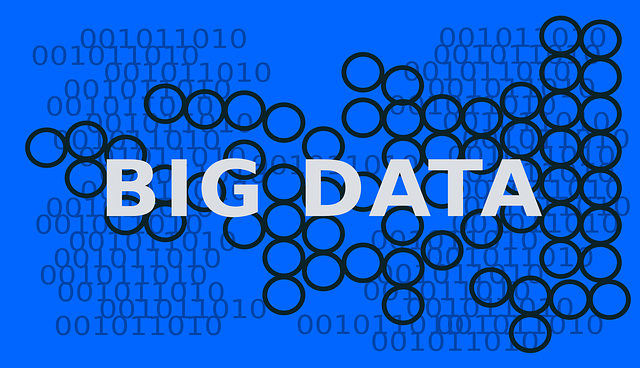What is Big Data? What are some of the latest technologies and software offerings used in Big Data development? Big data is transforming the way businesses operate by optimizing their operations and providing better insights into customer preferences. Big Data technology has become a critical element for any organization that wants to stay ahead in its industry. With Big Data, companies can capture, store, process and analyze large volumes of data generated from various sources.
For anyone interested in unlocking the potential of these new technologies, it is important to understand the basics of Big Data software development. This article provides an introduction to some of the latest technologies and software offerings used in this field, as well as explores how they are beginning to shape the future of business.
How to Choose a Big Data Software Development Service Provider?
Choosing the right big data software development service provider can be a daunting task. Not only are you faced with finding reliable developers who have the necessary expertise to build a comprehensive, efficient, and secure environment for your business, but you’ll also need to invest in the necessary hardware and software tools to get up and running. As such, here are some of the key factors that businesses must consider when deciding on a service provider:
- Understand Your Goals for Big Data Software Development – Before anything else, companies should determine what their goals are for developing big data software. This enables them to find providers that specialize in certain niches or technologies and gauge which ones have experience working with similar problems. Doing so ensures that they’re able to find developers who are both familiar and comfortable handling those types of projects.
- Look at Their Previous Work – Businesses should take into account potential vendors’ past work experiences before making any decisions; this will give them an idea of what they can expect from their chosen vendor. Look at past project portfolios as well as portfolio reviews and customer testimonials–these will help you assess how successful each providers’ projects have been in terms of cost savings, operational improvements, etc.
- Verify Certifications – Whether it is developer certifications or company accreditations — looking into these documents shows clients that their prospective vendors are experienced professional teams capable of delivering quality outcomes for customers. Checking these credentials should be done regardless of whether the project is small or large-scale. Also remember to cross-reference certifications against government databases whenever applicable.
- Consider Pricing – Price is always a major factor when selecting service providers – make sure you have taken this into consideration before any decision is made. Find out if there are any hidden fees or extra costs associated with particular services; make absolutely certain that any pricing quoted matches your budget expectations for each stage of the project’s life cycle (design & development, testing & debugging). Lastly, don’t forget to check if there’s an exit fee in case you decide to switch vendors after agreeing upon a contract!
Benefits of Big Data Software Development
Big data software development has become increasingly essential for organizations that have large amounts of data, from retail networks to the military to financial institutions. Big data refers to the set of tools and processes used to store and analyze massive data sets, which can range from structuring customer databases or mining datasets related to social media trends. There are several key benefits associated with big data software development.
- Increase Efficiency
One of the most significant advantages of big data software development by https://data-science-ua.com/ is increased efficiency in dealing with large datasets. In particular, big data automation enables organizations to quickly gain insight into their datasets without manual intervention. For example, companies can easily compare customer buying habits or detect potential cyber threats using automated algorithms that process the information much faster than humans could ever do. With modern technologies such as machine learning, it’s even possible to train computers to select default reactions based on detected conditions, meaning human intervention isn’t needed at all.
- Make More Informed Decisions
With increased access to bigger and more reliable datasets, companies can make more informed decisions about their operations and customers than ever before. Big data analytics enable business leaders to make well-informed decisions about their future strategies for products and services, catering their offerings according to their target market segments better than before. For instance, businesses use sophisticated clustering methods in conjunction with historical consumer responses in order to support decision making when pricing items or designing marketing campaigns.


